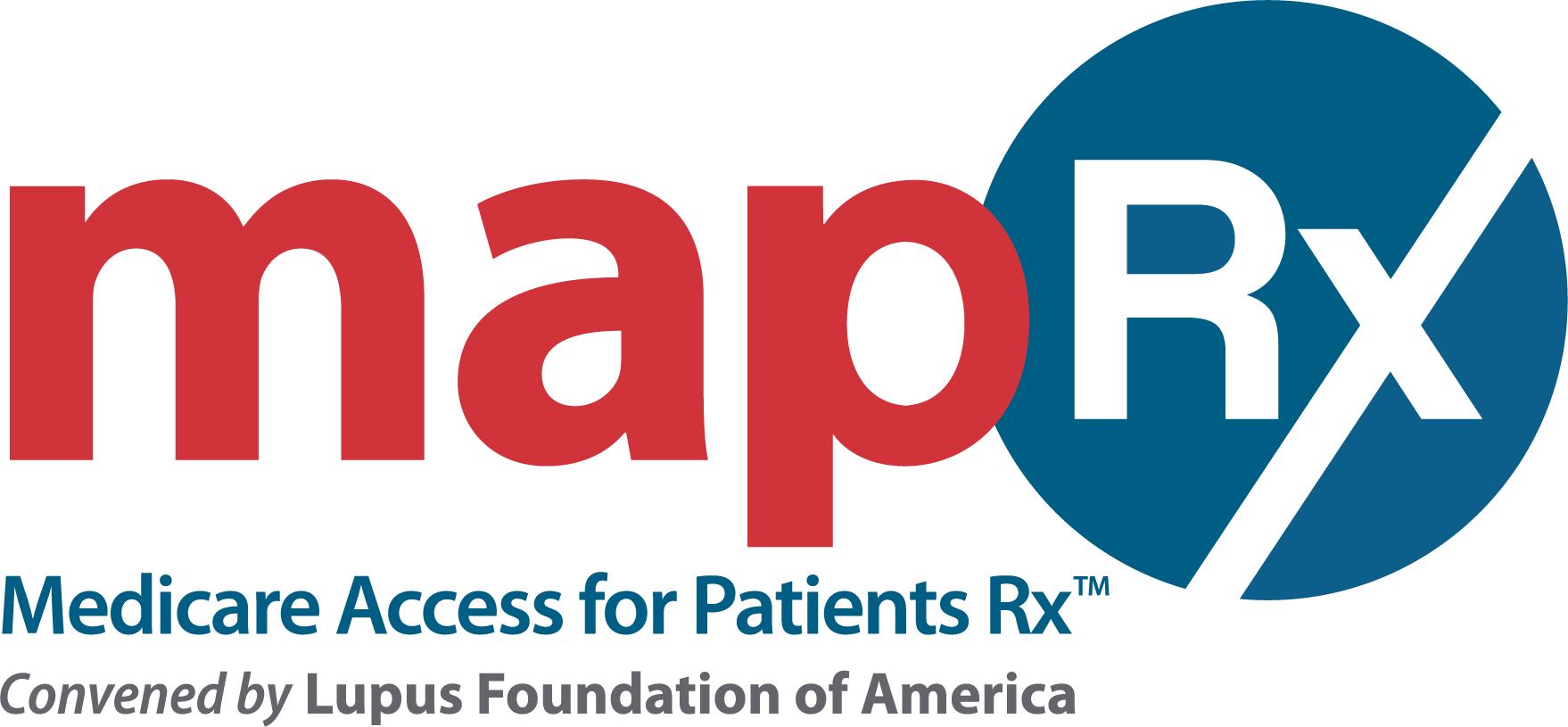New MAPRx Report Examines the Exclusion of Anti-Obesity Medications in Medicare Part D
A new report commissioned by the MAPRx Coalition examines the growing clinical evidence for coverage of anti-obesity medications (AOMs) approved by the Food and Drug Administration in Medicare Part D.
As the medical community’s understanding of disease states evolves, MAPRx is calling on the Part D program to evolve alongside it to ensure it is providing the best possible coverage to the more than 48 million Americans served by Part D. This is especially necessary for those living with obesity.
The prevalence of obesity in the United States (US) population has increased steadily since the 1960s. Now more than 100 million Americans live with obesity and it has major health and economic implications for the country.
Coverage policies constantly evolve as clinical evidence advances and, with that, the Medicare program advances its coverage of medications and services. The program has evolved over time, covering previously non-covered items based on new indications and clinical evidence. For example, Medicare has changed the way it covers mental health services and bariatric surgery. Yet it has not kept pace with advances in the medical community’s understanding of obesity or its treatment, despite the prevalence of obesity, its significant negative impact on the health of Medicare beneficiaries, and the cost to society.
The report identifies two policy solutions to enable access to anti-obesity medications in Part D:
- Congress can act to make a technical change clarifying that AOMs are Part D- covered drugs;
- The Centers for Medicare and Medicaid Services (CMS) can establish AOM coverage through revised Part D plan guidance and/or regulation.

